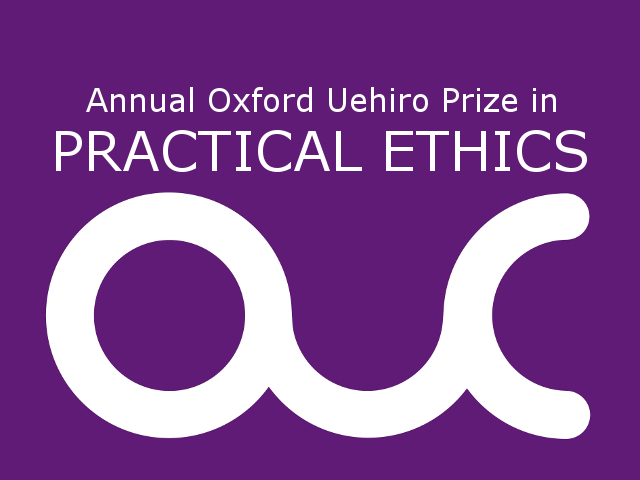Location: August 5th to 7th, University of California, Berkeley
Abstract Deadline: July 10th
Contact: researchmeeting@centerforeffectivealtruism.org
Overview
The 2016 Effective Altruism Global Research Meeting is an opportunity for Postgraduate students and early stage academics from a variety of disciplines to present research relevant to Effective Altruism. The meeting will take place on August 5th to 7th, 2016 at UC Berkeley alongside the Effective Altruism Global conference. The meeting will consist of two events, an academic poster session and a number of short oral presentations. Presentations will be awarded to the most exceptional submissions. Participants selected for presentations will still have the option to present a poster.
The Effective Altruism movement, which promotes the use of reason and evidence to determine the most effective ways to improve the world, has grown rapidly over the last three years. It is an interdisciplinary movement which has gained traction amongst academics in a wide range of fields, including Philosophy, Economics and Health. Last year’s Effective Altruism Global conference welcomed renowned philosopher Peter Singer and behavioral economist Dan Ariely, as well as 1000 attendees. This year, our speakers include Philip Tetlock (author of Superforecasting), Cass Sunstein (legal scholar and former Administrator of the White House OIRA), Thomas Kalil (Deputy Director for Technology and Innovation at the White House OSTP), Jaan Tallinn (Co-Founder of Skype) and Irene Pepperberg (noted animal cognition scientist).
Effective Altruism Global’s featured topics include discussions of the replication crisis, prediction markets, decision making under uncertainty, CRISPR, our obligations to the global poor, as well as a number of other topics that are important to shaping the future. The Research Meeting will run alongside Effective Altruism Global to give academics access to the large audience of interested attendees, and expose the more than 1,000 expected philanthropists, CEOs, and students to research relevant to Effective Altruism.Read More »Announcement: 2016 Effective Altruism Global Research Meeting Call for Abstracts


